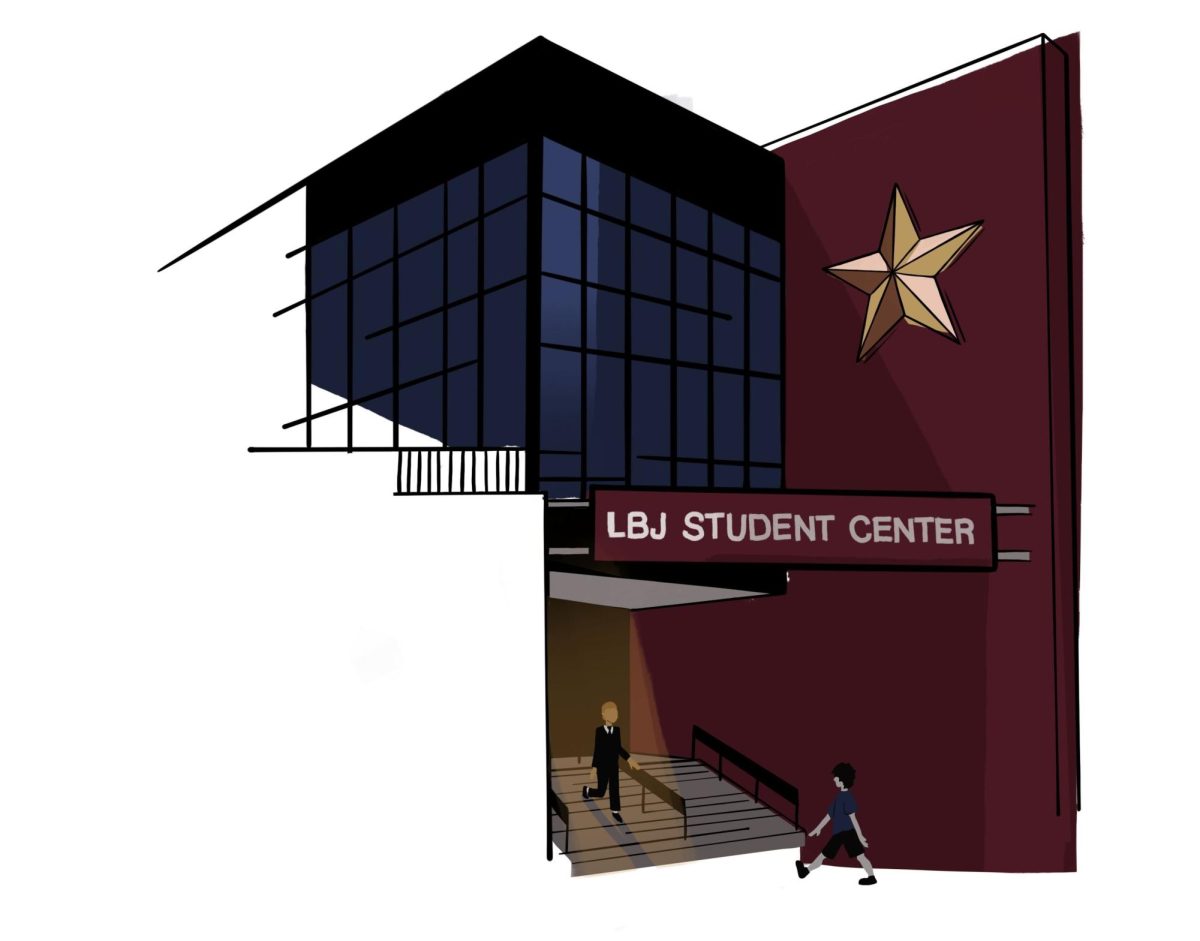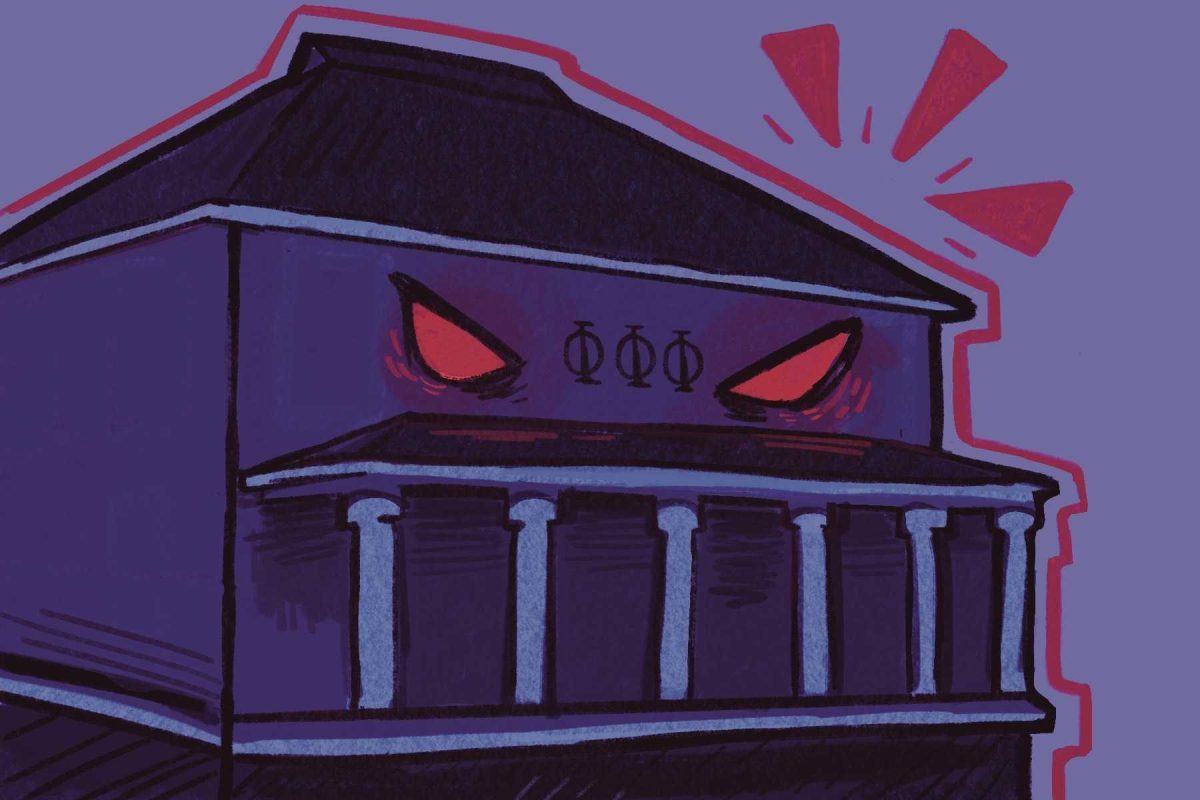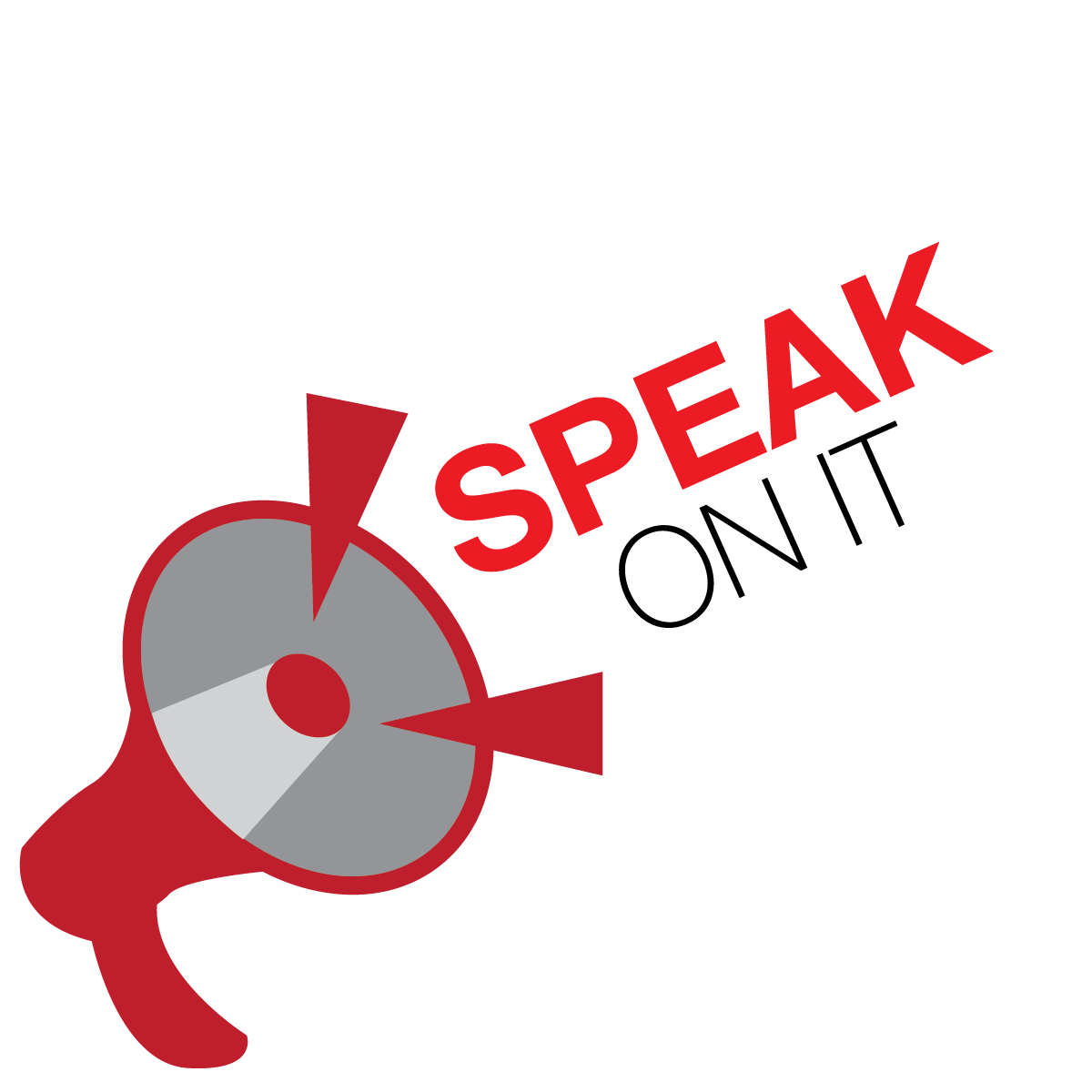At the beginning of the pandemic, professors implemented open-note, online exams into their courses. However, as universities return to face-to-face learning environments, professors have returned to in-person closed notes testing.
Open-note exams can benefit students in more ways than most people think. Therefore, professors should continue implementing open-note exams because they can improve one’s mentality and academic habits and prepare students for their futures.
Testing anxiety is a psychological condition in which one feels extreme distress in testing situations. According to Dove Medical Press, approximately 20-45% of students experience testing anxiety, hindering their ability to put forth their best effort on exams.
This type of anxiety is a common concern among college students as there is often more pressure to do well on exams. Emily Gomez, an English sophomore, has dealt with testing anxiety for as long as she can remember.
“[With testing anxiety], I don’t perform well basically,” Gomez said. “I know [the material] but because I’m taking an exam and I’m on the spot, I will do pretty bad.”
Professors can lessen the effects of testing anxiety by letting students have the option to use notes on their exams. This will improve the overall experience for students as they are more likely to feel better prepared and less nervous.
Closed-note exams require students to recall information quickly and accurately. Even if one spends hours upon hours studying, there is still a chance for error because of the information overload. A student’s performance on a test for which they had to memorize everything does not accurately represent their ability to understand the course material.
With the implementation of open-note exams, students will feel inclined to take more in-depth notes to prepare. For example, in a study from The American Society for Cell Biology, students taking open-note exams were shown to compile their notes and analyze material from multiple sources.
When preparing for open-note exams, Gomez is sure to be extremely thorough in her study sessions. As a result, her notes become more detailed, and she is sure to include certain pieces of information that she believes she will forget once the test is in front of her.
Being able to take practical notes will benefit students in the long run. It can improve one’s focus and attention to detail. It also teaches students how to prioritize information. Open-note exams do not require pages upon pages of notes. Instead, students need to highlight the pieces of information that will help them the most.
Though some students and professors believe that open-note exams will wrongfully improve test scores, The American Society for Cell Biology study showed no difference in scores between students who used notes and those who did not.
Because of improved note-taking among students, professors will have the opportunity to make the tests more challenging. According to The Washington Post, open-note exams are incredibly beneficial when geared toward critical thinking and problem-solving skills rather than memorization.
To make the most out of an open-note exam, professors should implement short-answer and multiple-choice questions that require students to apply their knowledge allowing students to use the materials they have on hand while testing their understanding of the course content. Short answer questions prompt students to apply reason. Because of this, notes will be helpful, but they won’t provide the complete answer.
Open-note exams can also have financial benefits for students. According to statistics from Education Data Initiative, the average in-state undergraduate student spends roughly $1,226 on textbooks and other materials in one school year. However, according to an article from The Washington Post, some students realize over time that it is unnecessary to buy textbooks. Open-note exams allow students to utilize the resources they purchased.
The open-note approach can also potentially prepare students for their future in the workforce. In a typical working environment, people typically have access to the resources they need to succeed. Open notes should eliminate the stress of cramming for exams from the equation because resources are available in the real world.
There are plenty of benefits to open-note exams but also some flaws. First, looking at notes takes up time. Students may need to rely solely on their notes, causing them to write down every little detail, backfiring in the long run, as looking through an abundance of notes consumes valuable test-taking time.
Additionally, some students would be better off with closed-note exams as they go further in their collegiate experience. For example, students studying medicine would benefit from the act of memorizing vital information as they will be dealing with people’s livelihoods.
Texas State has a strict honor code that all students follow. The regulation states that plagiarism and falsifying data are not tolerated. While the honor code doesn’t explicitly mention open-note exams, it is essential to follow the proper procedures to avoid crossing a line. Some examples would be plagiarizing information from other sources or using unapproved forms of notes. According to the Texas State website, breaking the honor code can result in actions that range from exoneration to expulsion.
Open-note exams are an excellent tool for college classrooms as they allow students to shine and prove how well they can apply their knowledge. Professors should consider alleviating some pressure by allowing open-note exams.
– Rhian Davis is a journalism freshman
The University Star welcomes Letters to the Editor from its readers. All submissions are reviewed and considered by the Editor-in-Chief and Opinions Editor for publication. Not all letters are guaranteed for publication.
Opinion: Professors should consider giving open-note exams
Rhian Davis, Opinions Contributor
October 26, 2022
0
Donate to The University Star
Your donation will support the student journalists of Texas State University. Your contribution will allow us to purchase equipment and cover our annual website hosting costs.
More to Discover














